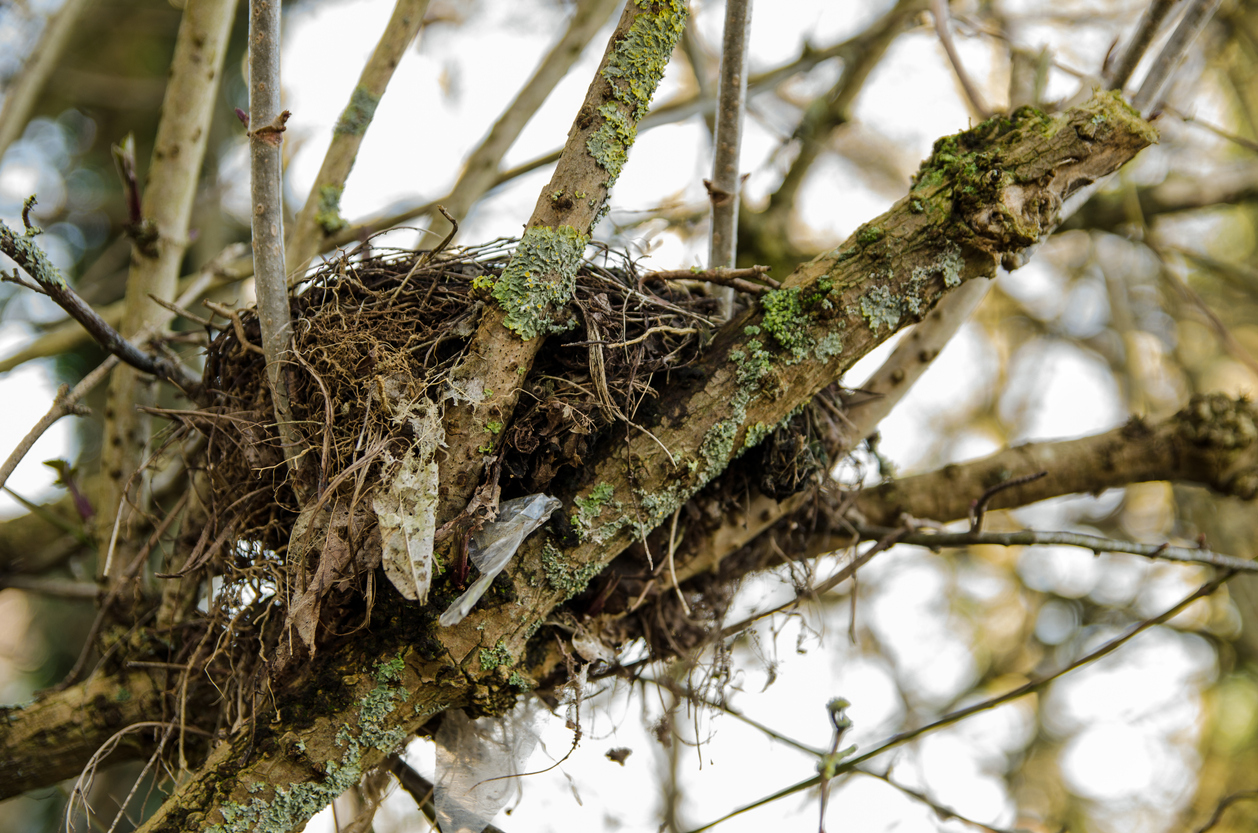Contact us today for a free quote.
Undertaking a Nesting Bird Survey for Development
All wild birds, including nesting birds, breeding birds and wintering birds are a protected species under the Wildlife and Countryside Act 1981 as amended. Section 41 of the Natural Environment and Rural Communities (NERC) Act 2006 also provides protection for birds by placing a duty on public authorities to conserve biodiversity.
This protection means that it is illegal to intentionally kill, injure or harm any bird species or to destroy or damage active bird nests. It is for this reason that nesting bird surveys and mitigation plans must be put in place for development projects if nesting birds may be present on or near the development site.

Types of Bird Survey
There are many different types of bird surveys, including:
- Nesting bird survey
- Breeding bird survey
- Wintering bird survey
- Barn owl survey
- Rare bird survey
- Wetland bird survey
- Common bird census
When to Carry Out a Nesting Bird Survey
Like many types of ecology survey, there are seasonal constrains which limit when a nesting bird survey can take place. A nesting bird survey should be carried out during nesting season, which is from March to August.
Nesting bird checks must be undertaken prior to any vegetation being removed from a development site within the breeding bird season (March – August inclusive). The nesting bird check should be undertaken no more than 24 – 48 hours prior to the vegetation removal by a suitably experienced ecologist.
Nesting Bird Survey Methodology
During this type of survey, the site is visited by a qualified ecologist who will carry out a thorough inspection of all buildings and trees on the site looking for specific evidence that points to use of the site by nesting birds. Evidence of nesting birds can include, feathers, droppings, nesting materials, as well as active bird activity.
What Happens if Nesting Birds are Found During a Survey?
If nesting birds are found to be present on the site, and the development taking place on the site could have any impact on the bird population, mitigation measures should be put in place.
If any nests, or nests in construction are located, a suitable stand off should be maintained until the young have fledged.
How Can Collington Winter Environmental Assist?
Collington Winter Environmental are an experienced team of Ecologists providing a wide range of ecological surveys for development on all types of projects. Our Ecology Director, Olivia Collington, has worked with protected species across the UK, undertaking field surveys and writing scientific, readable reports for submission at planning.
We adopt a pragmatic approach to all sites, working with clients to find solutions and develop relationships. With current offices located in Greater Manchester and Dumfries, the team are well served to work nationwide. Over the years, we have built strong relationships with key stakeholders across the UK.
Please get in touch with our Ecology Director Olivia Collington (Olivia.collington@collingtonwinter.co.uk) for more information on protected species surveys (such as in relation to Bats, Great Crested Newts, or Badgers) and mitigation. We also provide ecological appraisal and assessment services, and Director Jane Winter also provides landscape architectural services.
Contact Us
Registered Address
23 Bark Street East, 1st Floor, Bolton, BL1 2BQ
Cambridge Office
Future Business Centre, Cambridge Campus, Kings Hedges Road, Cambridge, CB4 2HY
Leicester Office
Rutland House, 23-25 Friar Lane, Leicester, LE1 5QQ
Bristol Office
Newminster House, 27-29 Baldwin Street, Bristol, BS1 1LT
Telephone
Head Office: 01204 939 608
Dumfries Office: 01387 378208
